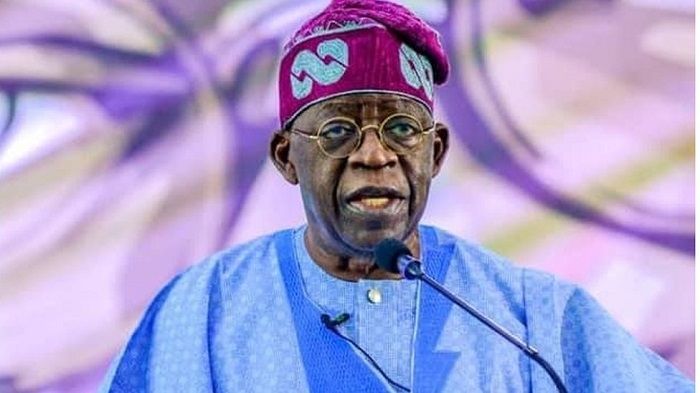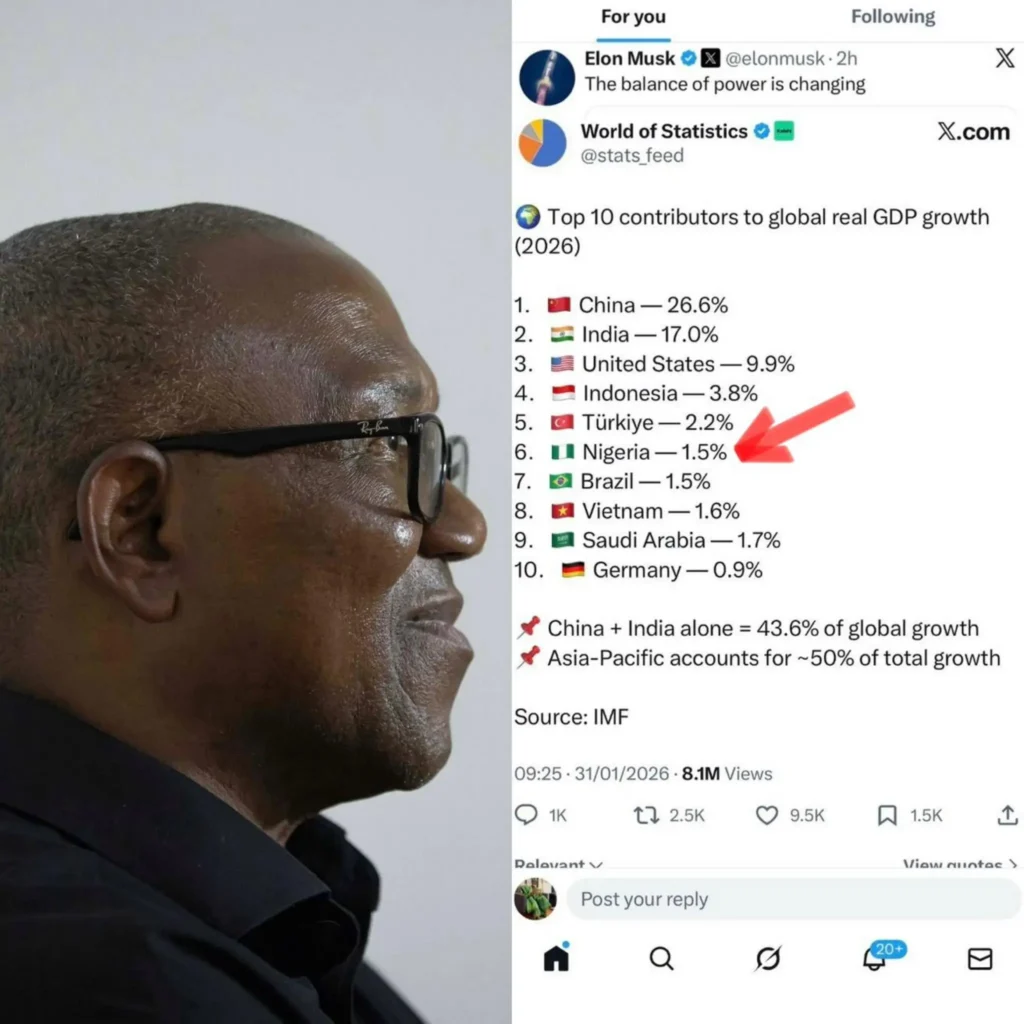Tinubu Orders Tighter Oversight of Crypto Transactions, Digital Payments

President Bola Ahmed Tinubu has directed the Central Bank of Nigeria (CBN), the Securities and Exchange Commission (SEC), and other key financial regulators to intensify oversight of cryptocurrency transactions and digital payment platforms in the country.
The directive, issued on Wednesday in Abuja, is part of the administration’s broader push to strengthen financial transparency, safeguard the naira, and curb the misuse of digital assets for illicit activities.
According to the presidency, Tinubu expressed concern that the rapid growth of cryptocurrencies and digital payment systems, while offering opportunities for innovation, also poses risks to monetary policy, capital flows, and national security.
“We must welcome innovation in financial technology, but it must not come at the expense of economic stability and regulatory integrity,” Tinubu said.
With this directive, regulators are expected to enforce stricter Know-Your-Customer (KYC) and Anti-Money Laundering (AML) rules on crypto-related transactions while closely monitoring exchanges, payment service providers, and fintech operators to ensure compliance.
They are also to enhance collaboration with international partners to track cross-border illicit financial flows and submit quarterly oversight reports directly to the presidency.
This move comes against the backdrop of Nigeria’s evolving policy stance on digital assets. In 2021, the CBN restricted banks from facilitating crypto transactions, citing financial risks.
The restriction was later relaxed in December 2023, allowing regulated platforms to operate under strict supervision.
Earlier this year, the government also launched enforcement actions against global exchange Binance and other operators accused of enabling currency speculation and tax evasion.
Analysts say the latest directive signals the Tinubu administration’s attempt to strike a balance between innovation and control.
A Lagos-based financial expert explained that “the government is not banning crypto, but it is clearly saying the era of free-for-all trading is over.”
For Nigeria, where youth adoption of digital assets is among the highest in the world, the tighter oversight could reshape the fintech landscape forcing operators to comply with more rigorous standards while giving investors greater clarity on the rules of engagement.
The presidency said the measures would be integrated into its broader economic reform agenda, with a focus on protecting consumers, stabilising the naira, and attracting responsible digital investments.









